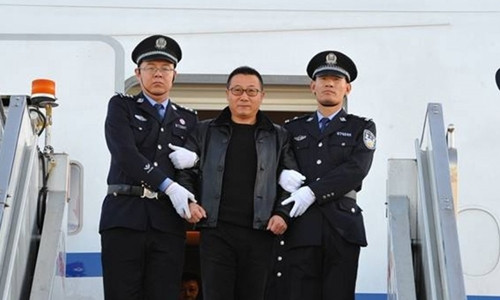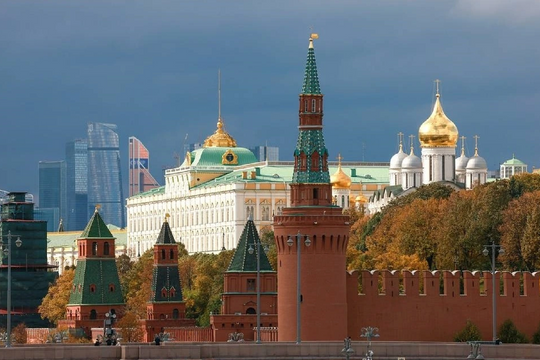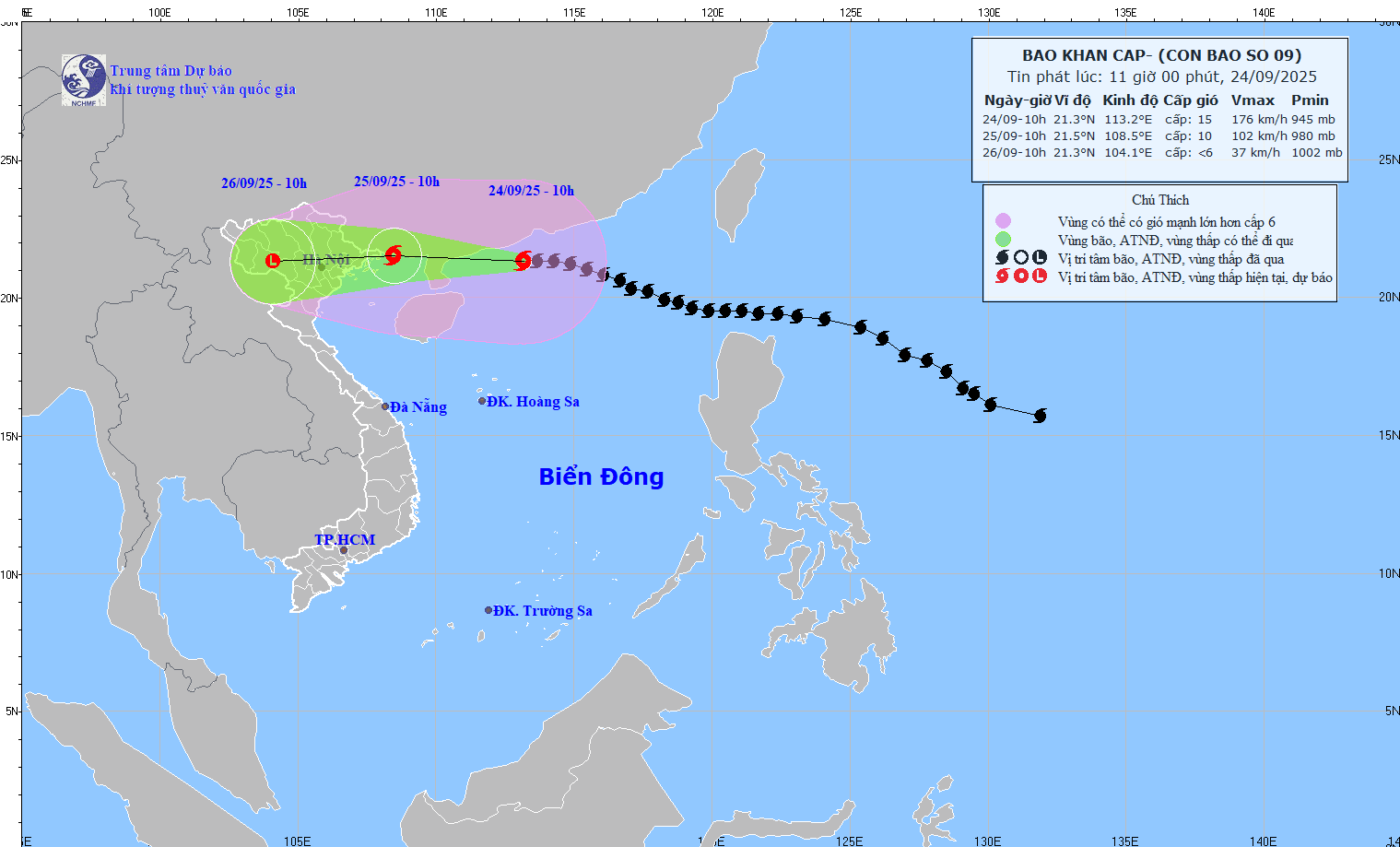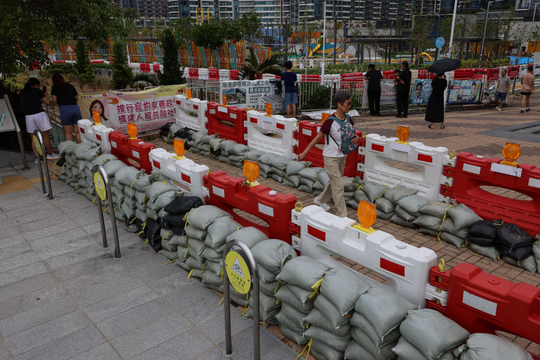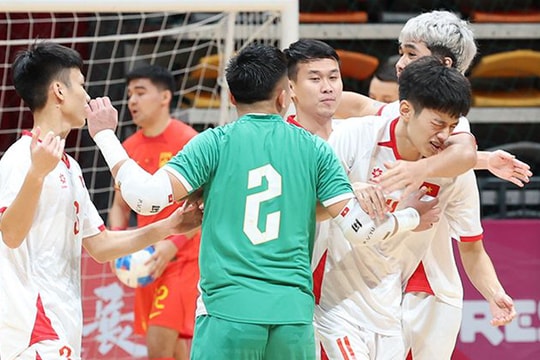How does China convince corruption suspects to return home?
Canadian lawyers say China promised leniency to corruption suspects to lure them back to the country but ultimately failed to keep its promises.
|
Ha Kiem was arrested on November 7, 2017 when returning to China from Canada. Photo:CCDI |
On November 7 last year, corruption suspect He Jian returned to China from Vancouver. As soon as the flight landed in Beijing, the former director of a real estate branch of Hebei Port Group was immediately arrested by police.
Xia Jian fled to Canada in 2010 and has been living quietly in the seaside town of Nanaimo on Vancouver Island. In 2015, his name and photo were on a list of 100 wanted suspects who had fled overseas by the Central Commission for Discipline Inspection (CCDI).
In fact, Xia was not forced to leave Canada, which does not have an extradition treaty with China. He also did not face any charges in Canada. According to the CCDI, he voluntarily returned to China and turned himself in.
On December 6, the CCDI announced that another financial fraud suspect in Canada, former Yunnan tax collector Li Wenge, had also voluntarily returned to China. However, like Xia, Li does not face any charges in Canada and is not required to return to China.
Why did they decide to do so? There are few details about why Ha and Ly returned home. However, a precedent may provide clues as to how they were persuaded, according toSCMP.
tacit agreement
In January 2012, suspect Li Dongzhe returned to Beijing despite not being deported by Canada. Li was accused of embezzling $113 million in one of China's largest bank frauds.
Li, his brother and his family arrived in Canada on December 31, 2004, on tourist visas. Before arriving, they opened bank accounts, started companies, bought supercars and luxury apartments in Vancouver. But in 2005, when Chinese authorities came looking for the Li brothers, they sold their properties, canceled their car registrations and closed their bank accounts.
Their wives and children returned to China in 2005. The Li brothers stayed in Canada to seek asylum but were unsuccessful. However, Canadian immigration authorities assessed that they would be in danger if deported and allowed them to stay.
Still, their lives were fraught with tension. Lee had to abide by strict curfews and regulations, wear an electronic monitoring bracelet, and sometimes had to be accompanied by his personal lawyer, Douglas Cannon, when he wanted to travel around Vancouver.
|
Li Dongzhe (far left) poses for a photo with police and the Chinese consul general in Canada in 2011. Photo:Douglas Cannon. |
Fed up with this life, Li decided to negotiate with the Chinese authorities. He contacted a police officer at the Chinese embassy in Ottawa in mid-2011.
According to Cannon, the Li brothers reached an agreement with the Chinese government that Li Dongzhe would be sentenced to a maximum of 15 years in prison and that his brother would not be imprisoned. In addition, Li made demands that he would not be handcuffed and that he would be treated like a regular passenger when the plane landed in China. Li wanted to be in a safe place while the investigation took place and to go home to celebrate the Lunar New Year with his mother.
After the deal was reached, Li was so excited that he took photos with police and the Chinese consul general in Canada.
However, after returning home, Li found that those private agreements were not fulfilled. In 2014, Li was sentenced to life in prison. His assets were confiscated. His younger brother was sentenced to 25 years in prison.
|
Ly Dong Triet in court in 2014. Photo:WSJ. |
"The Chinese authorities said we don't care what you think we promised you. You're both going to jail, and Dong Zhe, you're going to get a life sentence," said attorney Cannon.

